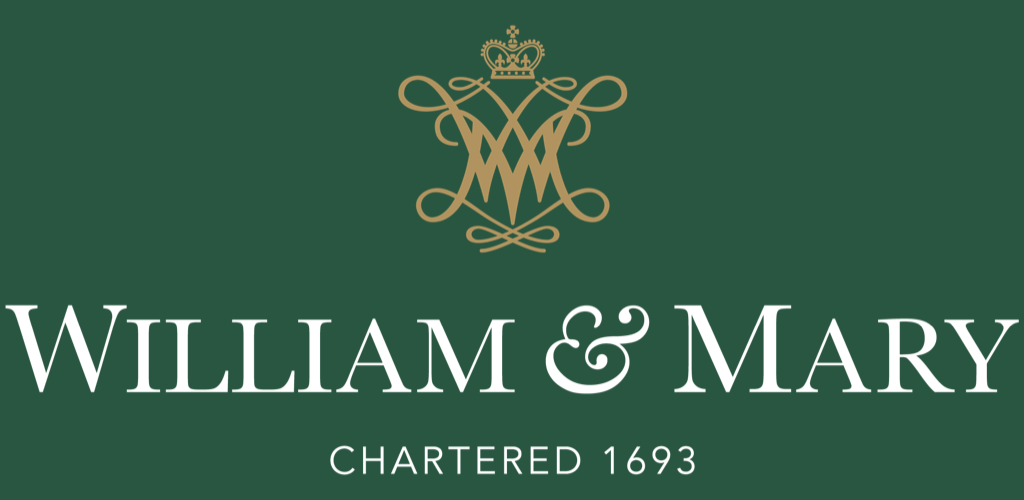Physics 772: The Standard Model of Particle Physics
| Time: | Mon/Wed 11:00 am - 12:20 pm |
| Location: | Boswell Hall, Room 2 |
| Instructor: | Prof. Andrew W. Jackura Office: Small Hall 326B Phone: 757-221-6369 E-mail: awjackura@wm.edu Office hours: Mon/Wed, 2:00 - 3:00 pm, or by arrangement |
| Course page: | https://ajackura.github.io/courses/phys772_spring_2024.html |
This course is a technical introduction to the Standard Model of Particle Physics. It will provide the necessary background needed to carry out research in modern particle and nuclear physics. We will review aspects of gauge theories and their use in the description of electroweak and strong interactions, and construct the Standard Model from the observed fundamental symmetries of nature. Goals include understanding the Standard Model theory, calculating elementary observables, and comparing theoretical results to experimental measurements.
Syllabus Schedule Bibliography
Lecture Notes
Every week I will upload my handwritten notes.
Overview of the Standard Model Aspects of QFT - Scalar Fields Aspects of QFT - Spinor Fields Symmetries I - Lie groups and Lie algebras Gauge Theory I - QED Phenomenology I - QED (electron-positron annihilation) Phenomenology I - QED (g-2 part 1) Phenomenology I - QED (g-2 part 2) Symmetries II - SU(3) Symmetries II - Hadrons and the Quark Model Gauge Theory II - QCD Phenomenology II - QCD Symmetries III - Spontaneous Symmetry Breaking Gauge Theory III - Electroweak Model of Leptons Phenomenology III - Electroweak Theory The Standard Model Standard Model Phenomenology Beyond the Standard Model - Neutrino Masses
Feynman Rules
Generating Vertex Feynman Rules Feynman Rules - scalar phi 4 Feynman Rules - Yukawa Feynman Rules - QED Feynman Rules - complex scalar Feynman Rules - Scalar QED Feynman Rules - QCD Feynman Rules - Electroweak Theory Feynman Rules - Standard Model
Problem Sets
Problem Set 1 Problem Set 2 Problem Set 3 (np total cross sections) Problem Set 4 Problem Set 5 (TASSO Bhabha cross sections) Problem Set 6 (JADE muon cross sections, JADE tauon cross sections) Problem Set 7 Problem Set 8 Problem Set 9 Problem Set 10 Problem Set 11 Final Exam
